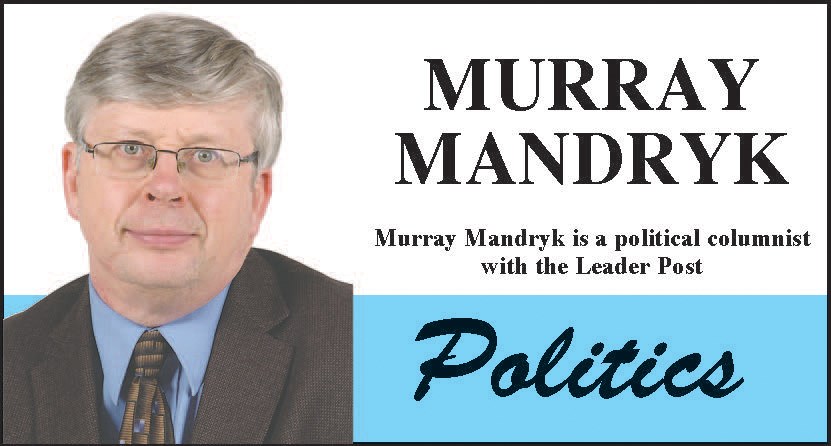Maybe it would be productive to remember that politics was always this way.
Maybe it just wasn’t quite as easy to see. In the days before everyone got to see and hear everything on social media, maybe it wasn’t in our face the way it is right now.
Because it now is, it seems that much easier to have whatever view we may have to be easily reinforced.
But because of all of this, we have all that much more reason during this upcoming federal election campaign to not only listen what our politicians have to say but also make a serious and independent assessments of those policies.
Maybe we should remember that this was always our duty.
The thought crosses one’s mind after the recent pronouncement from Environment Minister Catherine McKenna that hinted a re-elected federal Liberal government would sit down with the provinces and review the carbon tax levy that was to be capped at $50 a tonne in 2022.
We need to assess this.
First, McKenna’s latest assessment does seem to be very different than what McKenna was saying last June when she that it would be capped at $50 a tonne — a levy that translates into about 11 cents a litre at the gas pumps.
McKenna’s comments came in response the Parliamentary Budget Office report suggesting the carbon levy would have increase to $102 a tonne if the federal tax is the only measure used to meet world targets for reducing greenhouse gas emissions for 2030.
Critical to voting decisions is clarity from out political leaders and trust that they will keep their word. That McKenna and the Liberals are now saying something very different only two months after making their June commitment says much.
And, as has always happened in politics, opposition politics are having hay day with the notion that the Liberals have a hidden agenda to raise the tax at will, should they be re-elected.
Saskatchewan Premier Scott Moe – who has vehemently opposed the carbon tax, making it the issue in politics in this province — has eagerly joined in.
And if you have paid any interest to in social media, you have likely heard any number of Conservative politicians and their supporters bemoan this.
Again, this is how politics has always been played. However, in this day and age when we can so easily choose to hear and see only what we want to hear and seat, maybe it’s especially important to take a broader look.
There are many reasons to oppose the federal carbon tax. One of the best ones is that there isn’t much to suggest it’s achieving its desired goal.
If Ottawa is now charging an extra four cents on gas and giving families back $600 a year in tax credits, what is the incentive change?
But let’s take a realistic look at how that four cents a litre — or even 11 cents a litre in three years — is. Is it truly bankrupting business or slowing the economy.
While the provincial government now claims it’s killing jobs, (1,400 in the oil sector, alone) it seldom bothers to mention over supply causing low prices of around $50 US a barrel WTI are a far bigger factor. In short, the boom and bust of oil is seeing a bit of another bust.
Meanwhile, Saskatchewan is monthly boasting of sizeable increases in provincial employment — 12,000 new jobs a month compared with the same time last year.
Looking at it objectively, the economy isn’t suffering as much as claimed.
And then there is the messy question: If this isn’t solution to manmade global warming, what is?
As this election approaches, it would be helpful for voters to independently weigh all such matters.
Murray Mandryk has been covering provincial politics for over 22 years.



